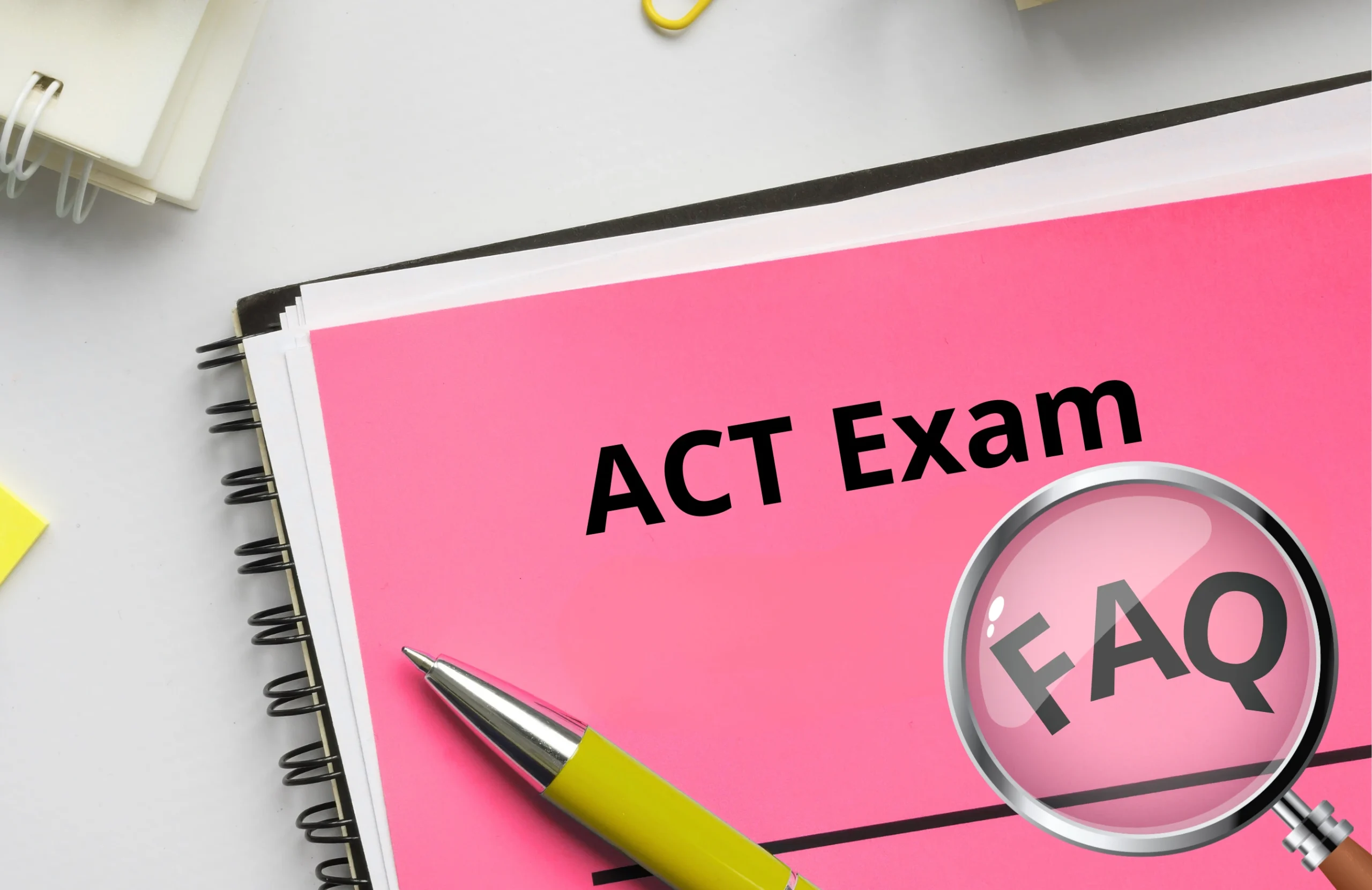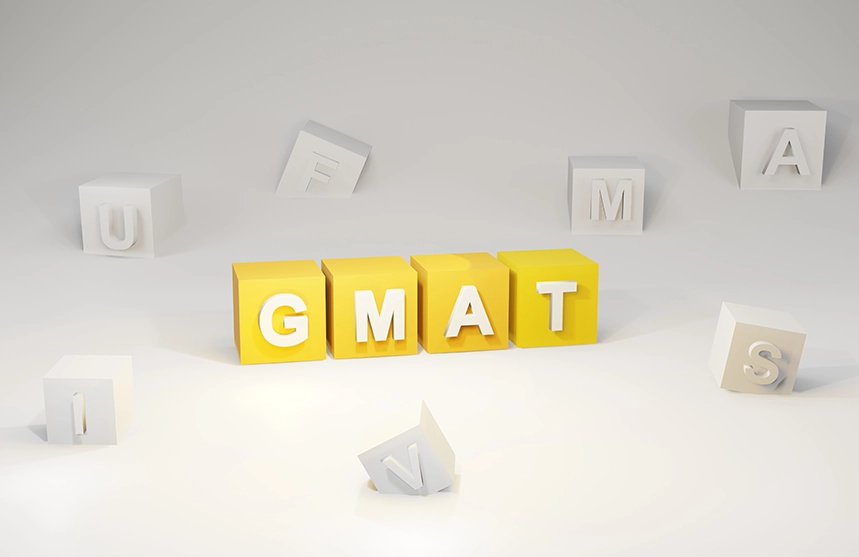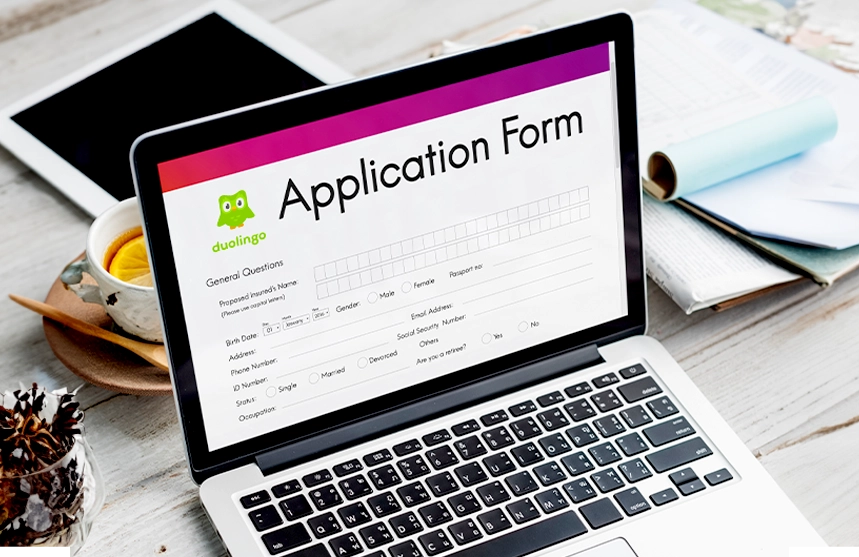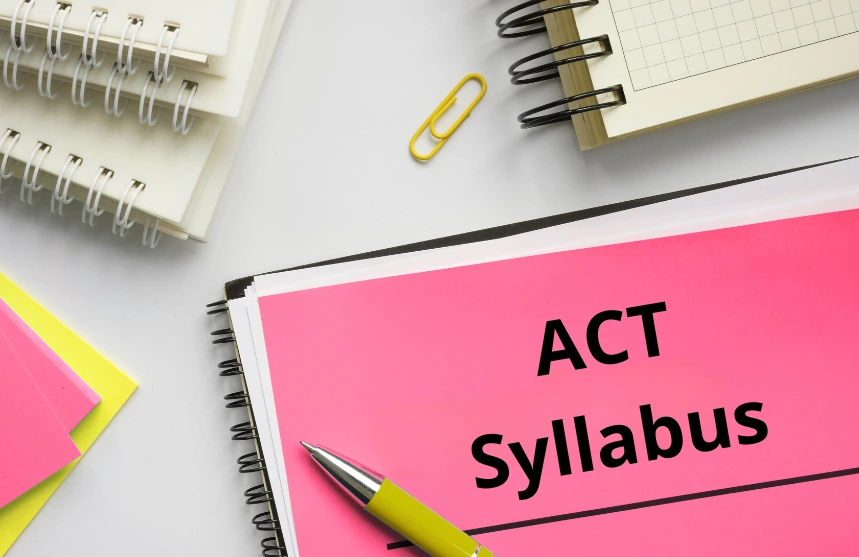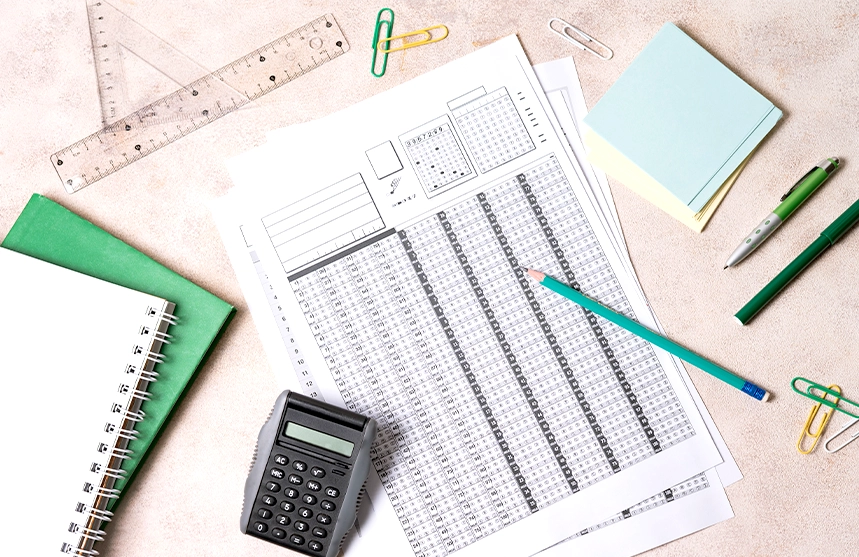ACT Exam Explained- Complete Study Guide | MetaApply IE
ACT Test Preparation 2026: The Ultimate Guide to Achieving Your Dream Score
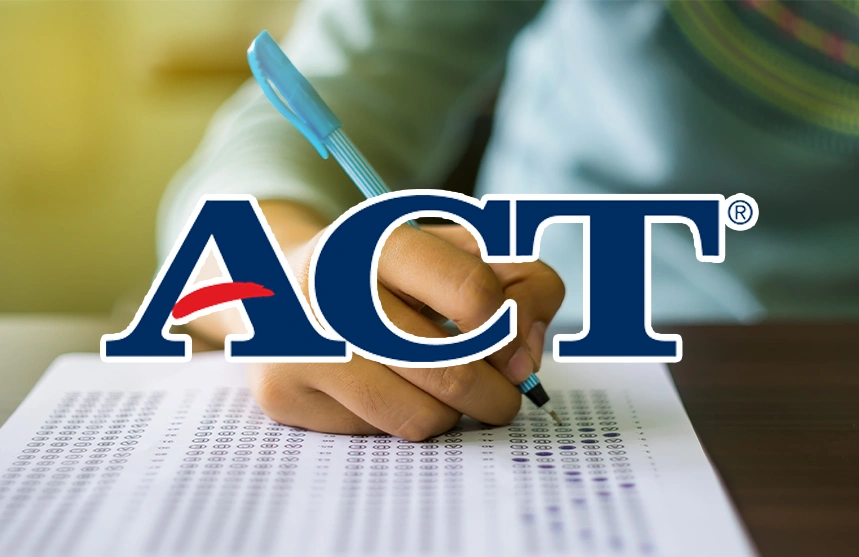
The ACT (American College Testing) is the stepping stone towards higher education for students who wish to study in the United States. The ACT is one of the competitive standardised tests, with hundreds of thousands of students taking it annually for their college admissions. As the 2026 testing cycle approaches, more and more students are searching the web to find common strategies, study materials, and tips on how they can achieve the highest scores.
Passing the ACT is not only a measure of how well you know your subject matter but also shows that you have the ability to think critically, manage time effectively, and perform under pressure. You should have a well-planned preparation strategy, whether you are a first-time test-taker or you wish to score better than your previous attempt.
We will take you through it all in this complete guide to ACT Test Preparation 2026. With the structure of examinations, section-by-section strategies, official preparation tools, practice hints, and professional advice, this blog should answer everything you need to know. Using these strategies, you will be able to improve your performance, become more confident, and take a considerable step towards achieving your dream college ambitions.
Importance of ACT Preparation
The ACT tests English skills, Maths, Reading, Science, and an optional Writing section. Colleges consider ACT Scores in addition to GPA, extracurricular activities, and personal statements. Not only does preparing improve your score, but it also builds your confidence when you sit for the test.
According to recent surveys:
On average, students who follow a structured ACT prep plan gain 4–6 points.
Participants who combine practice tests, tutoring, and online resources perform better compared to students who study on their own.
Academic Skill: ACT 2026 Exam Structure
The ACT format has undergone slight modifications over the last few years to make it more accessible to students. Understanding these changes is important in formulating a targeted study plan.
| Section | Questions | Time Allotted | Key Focus Areas |
|---|---|---|---|
| English | 50 | 35 minutes | Grammar, Punctuation, Rhetorical Skills |
| Math | 45 | 50 minutes | Algebra, Geometry, Trigonometry, Word Problems |
| Reading | 36 | 35 minutes | Comprehension, Critical Thinking, Evidence-Based Questions |
| Science | 40 | 35 minutes | Data Interpretation, Scientific Reasoning |
| Writing (Optional) | 1 essay | 40 minutes | Argument Development, Evidence, Organization |
ACT Test Preparation 2026
Preparing for the ACT 2026 is not about spending endless hours studying but about creating intelligent habits, applying effective learning strategies, and remaining consistent. The following are some of the best tips to help you score higher and feel more confident when taking the test.
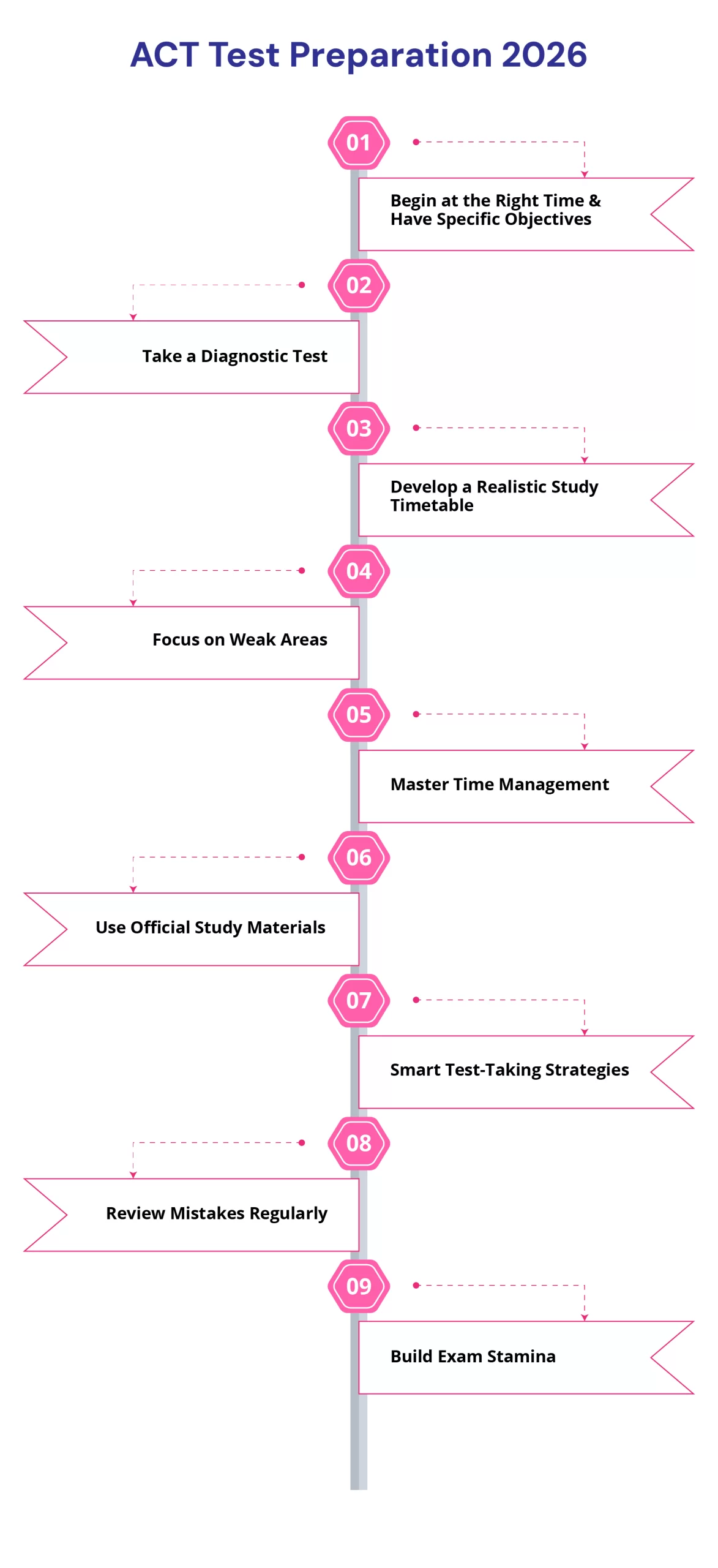
1. Begin at the Right Time and Have Specific Objectives
Practise the ACT at least three to six months before the test date. The earlier you start, the better, as you will have more time to work on weak areas and build a realistic study routine. Research your colleges of interest and determine the average ACT scores at those institutions—this will give you a clear goal to work towards and help you form a focused preparation plan.
2. Take a Diagnostic Test
Before diving into full-fledged studying, take a complete practice test to assess your current level. This baseline test will reveal which areas you are already strong in and which ones require more attention. Once you have your results, use them as a guide to structure your study plan.
3. Develop a Realistic Study Timetable
Create a programme that fits your lifestyle without overwhelming you. It is better to study two to three hours per day rather than for long hours once a week. Keep your study plan balanced—you should allocate time for each section, include review periods, and take full-length mock tests every few weeks to monitor progress.
4. Focus on Weak Areas
Every student has strengths and weaknesses, and it’s up to you to manage them. Identify the sections where your scores are lower and dedicate more time to improving them. If English is challenging, revise grammar and punctuation daily. If Mathematics is not your strong suit, work on formulas and timed problem-solving exercises. Small, consistent improvements make a big difference.
5. Master Time Management
One of the most significant problems in the ACT is completing all the questions within the given time. Practise managing your time during mock tests so that you are able to answer all questions comfortably. Do not dwell too long on a problem, and if it seems too difficult, skip it and return to it later. The more practice you have under timed conditions, the more natural your pacing will feel on the exam day.
6. Use Official Study Materials
When it comes to ACT preparation, where you source your materials is crucial. These are created by the same organisation that designs the test, meaning the practice questions and mock tests are an accurate reflection of the actual exam pattern.
7. Smart Test-Taking Strategies
Your score can often make or break depending on your strategy. Learn to eliminate obviously incorrect answers, as this increases your chances of making the correct guess. Always attempt all questions—there are no penalties for incorrect answers. Additionally, study question patterns to identify traps quickly and select the most appropriate answers effectively.
8. Review Mistakes Regularly
Always review your errors after each mock test or practice session, not just your final score. Understanding why you answered a question incorrectly helps you avoid repeating the same mistakes. Use a separate notebook to record difficult questions, formulas, or grammar rules that you frequently forget.
9. Build Exam Stamina
The ACT is a lengthy test that challenges not only your knowledge but also your endurance. Practising full-length tests under exam conditions will help you build focus and concentration. Recreate official timings, avoid taking breaks other than the permitted ones, and simulate the actual test environment to train your brain for exam-day performance.
Conclusion
Preparing for the IELTS Exam is more than just improving your English skills — it’s about mastering time management, strategy, and consistency. Whether you’re aiming for a high band score to study, work, or migrate abroad, starting early and preparing smartly will make all the difference. Remember, the IELTS isn’t just testing what you know — it’s testing how well you can use English in real-life situations.
If you’re Planning to Study Abroad and need guidance on IELTS, university selection, or visa processing, MetaApply IE is your go-to platform. From finding the right course to simplifying your application process, MetaApply IE ensures your study abroad journey is seamless and stress-free.
Frequently Asked Questions
On average, students take 1 to 3 months of focused preparation, depending on their current English proficiency level and target band score.
Most universities require an overall band score between 6.0 and 7.5, but the exact requirement varies by institution and course.
Yes, self-study is entirely possible with the right resources, practice tests, and consistent daily learning schedule.
Many students find the Listening and Writing sections challenging due to accent variations and formal writing structure, but with practice, both can be mastered.
No, IELTS results are valid for two years from the date of the test. You’ll need to retake it if applying after that period.

